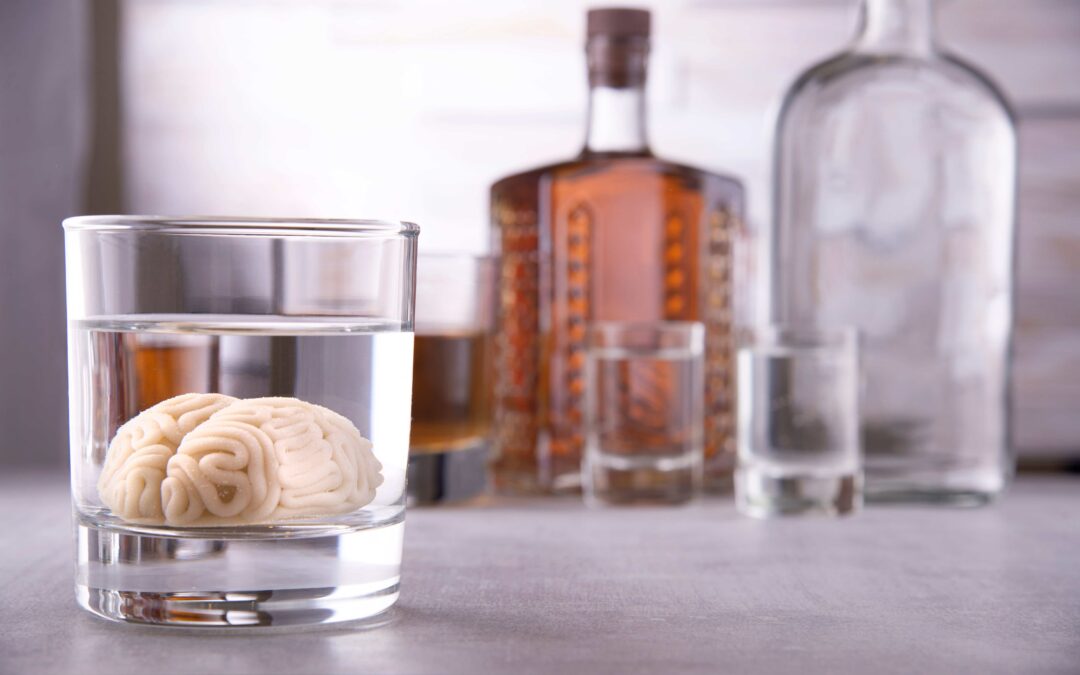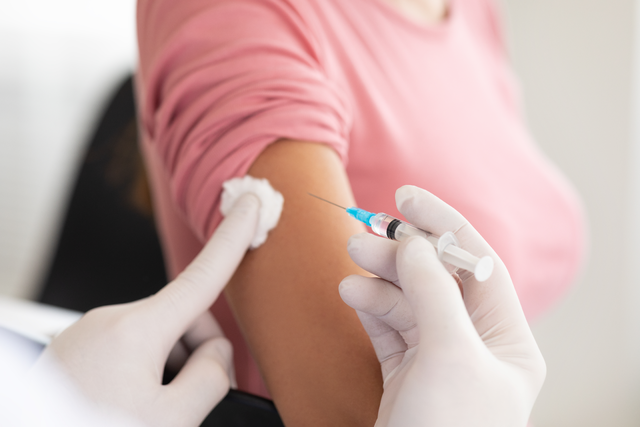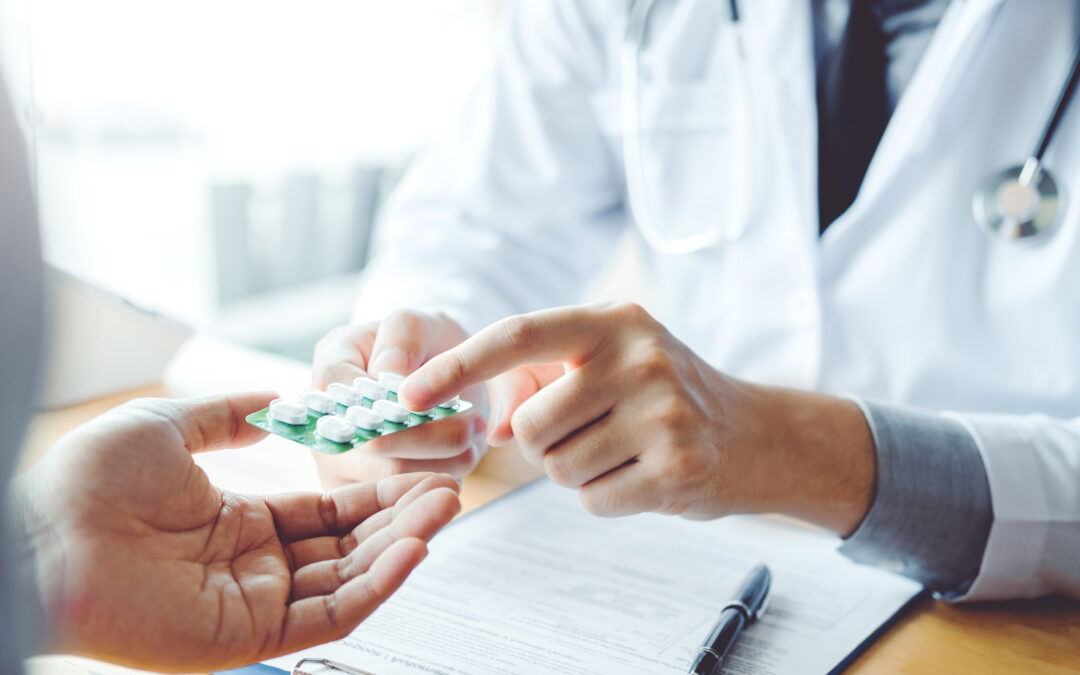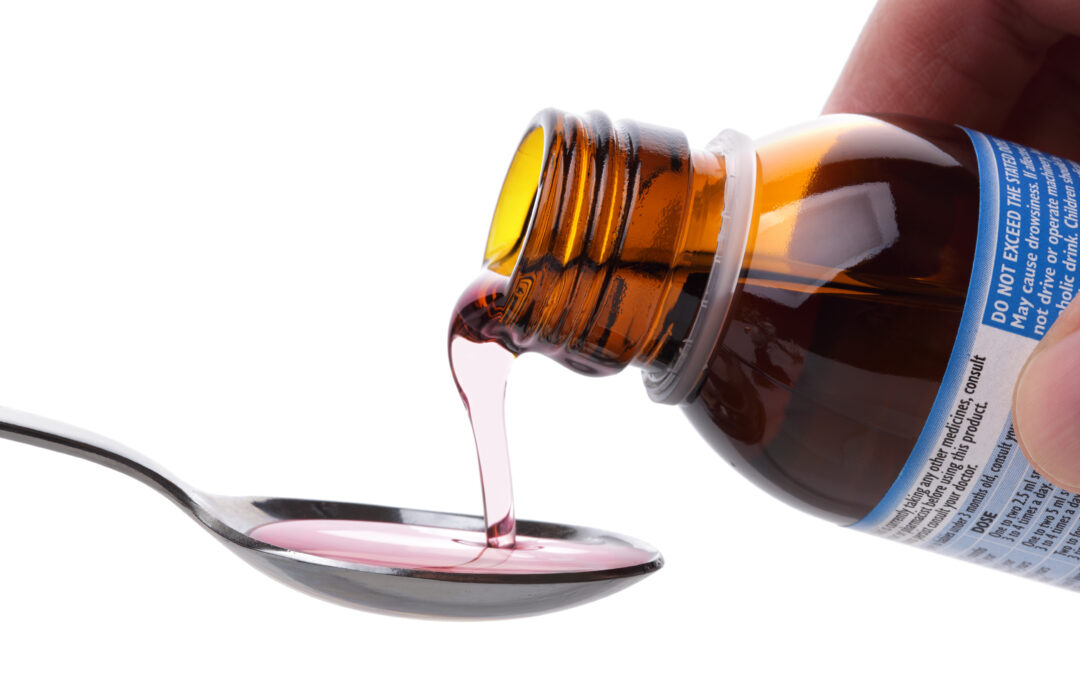
TRICARE for Mental Health
Mental health challenges affect nearly one in four Americans—and among current and former military members, that number is even higher. The emotional and psychological toll of military service can be immense, and yet many individuals suffer in silence, unaware that...

What Is Wet Brain?
Many people understand alcoholism can cause heart disease, liver damage, high blood pressure, stroke, and some types of cancer, but many are not familiar with another consequence called “wet brain syndrome.”

Should My Family Be Involved in My Recovery
When my grandfather and I started Bridges of Hope, it wasn’t just a professional endeavor—it was personal. Addiction had touched our family, and we understood the heartbreak, the confusion, and the hope that families experience when a loved one is struggling. That’s...

Keeping Track of Vaccinations for Kids and Adults
Vaccinations are important for your children’s health, and for your own. They were made to protect everyone from communicable diseases, some of which can be deadly. Vaccinations are also an important part of your healthcare history, so you should keep careful records...

The Role of Technology in Recovery
Explore how technology is transforming addiction recovery through telehealth, wearable monitors, mobile apps, virtual support groups, and emerging treatments like VR and neuromodulation. Learn how Bridges of Hope integrates these tools to support lasting recovery.

The Connection Between Nutrition and Mental Health
It’s a long-established fact that nutrition is critically important to physical health. However, recently, much attention from the scientific community is focused on the connection between nutrition and mental health. Research is proving that a healthy diet can have a...

The Science of Long-Term Recovery
A substance abuse disorder can have a devastating effect on your life, but it also takes a toll on your brain and your body. However, with treatment, you can reclaim your life and heal your mind and body over time. How Addiction Affects the Brain Substances change the...

How to Build a Sober Support Network
If you have recently completed treatment for a substance use disorder, you have taken a powerful first step in recovery and should be proud. To continue your recovery, however, it’s crucial for you to have a supportive network of people that you can turn to when...

The Power of Positive Thinking in Addiction Recovery
Addiction recovery is a lifelong process, requiring continuous diligence and self-care to maintain sobriety. You have to learn healthy strategies to cope with challenges and to control your emotions and thoughts. One of the most important and powerful of these...

Why Do Cravings Happen and How to Manage Them
Recovery is a difficult process, and one of its main challenges is handling cravings. They can be overwhelming and difficult to manage. However, by understanding cravings and how to manage them, you can avoid relapse and be successful. What Are Cravings? Cravings are...

How to Talk to Children About a Parent’s Addiction
It’s estimated that one in ten children live with an adult that has an addiction, known as a substance use disorder (SUD), and that most of these children are under the age of five. Children who live in these situations have a higher likelihood of struggling with...

Addiction and Relationships
Addiction impacts not only the individual but also the people around them, particularly romantic partners. This impact can be long-lasting, affecting the relationship even after the addicted person receives treatment and is in recovery. How Does Addiction Affect...

What are the Differences Between Inpatient and Outpatient Rehab?
If you’re struggling with drugs or alcohol and considering rehab, you have options. Both inpatient and outpatient treatment offer therapy and support, but they have key differences to consider. Inpatient Rehab Inpatient treatment is 24-hour care in a facility with a...

Pediatric Obesity: Causes, Prevention, and Treatment Strategies
Pediatric obesity is a significant issue in the United States, with the CDC reporting that 1 in 5 children and adolescents are obese. Obesity can lead to a host of health problems for these youth and a higher healthcare cost burden for their parents. Many programs and...

My Story by Veronica
I’ve been addicted since I was 13. I’ve lost everything—more than once. But the team at Bridges of Hope didn’t give up on me, even when I gave up on myself. That changed everything. Now I’m proud to work here, helping others stay when it’s hardest. Because I know what it means to be met with compassion instead of judgment.

Addiction and Mental Health in First Responders
First responders have among the most difficult jobs that exist, continuously being exposed to stressful and even traumatic situations. This often leads to mental health issues, and in many cases, addiction, whether to alcohol or other substances. Unfortunately, these...

Can Pets Help with Addiction Recovery?
Pets have long been thought to benefit mental health, offering unconditional love and companionship. For people in addiction recovery, a pet can provide support and a host of benefits that can help them maintain sobriety. Animals can also be helpful during the...

What are the Long-Term Health Effects of Alcohol Addiction?
Chronic alcohol use takes a toll on the body over time, affecting many systems and increasing the risk of certain cancers. The good news is that if you stop using alcohol, your health may improve, allowing you to live a longer life. You can seek treatment and start...

Is There Medication for Alcohol Addiction?
Alcohol addiction, formally known as alcohol use disorder, is rampant, affecting more than 10% of people in the U.S. over the age of 12. Treatment of alcohol use disorder involves therapy and may also include the use of certain approved medications. There are...

Is Codeine Addictive?
Because codeine is widely prescribed, most people don’t think of codeine as a problem drug like fentanyl or heroin, but as an opioid, it’s commonly abused. In 2022, more than 19.8 million people used codeine, with 9.3% of those people misusing the drug. Like any...


 Verify Insurance
Verify Insurance
 Toll Free Call
Toll Free Call